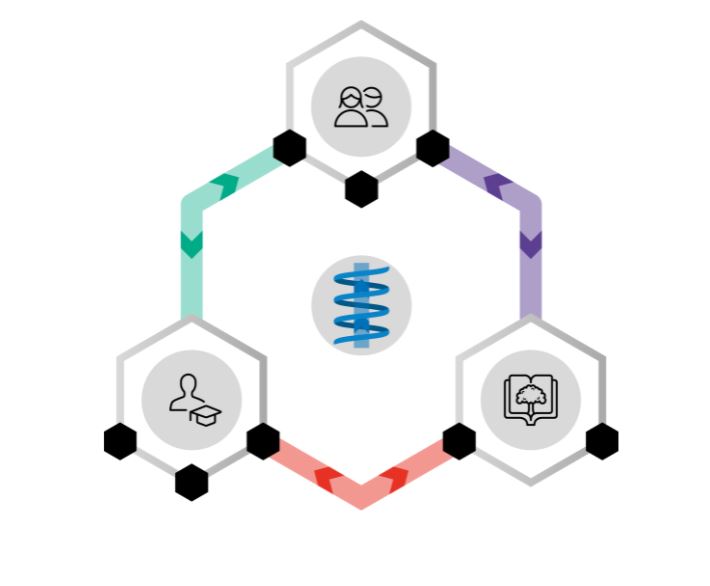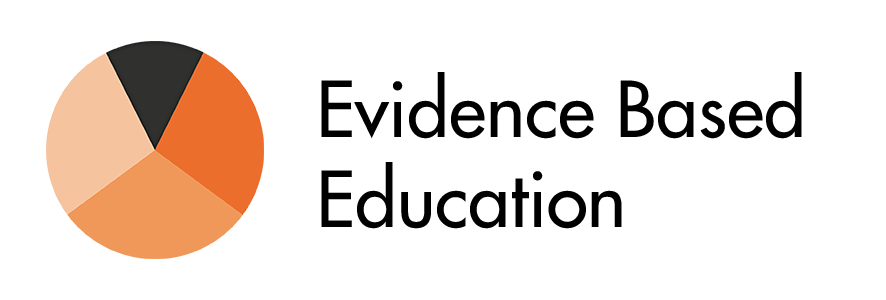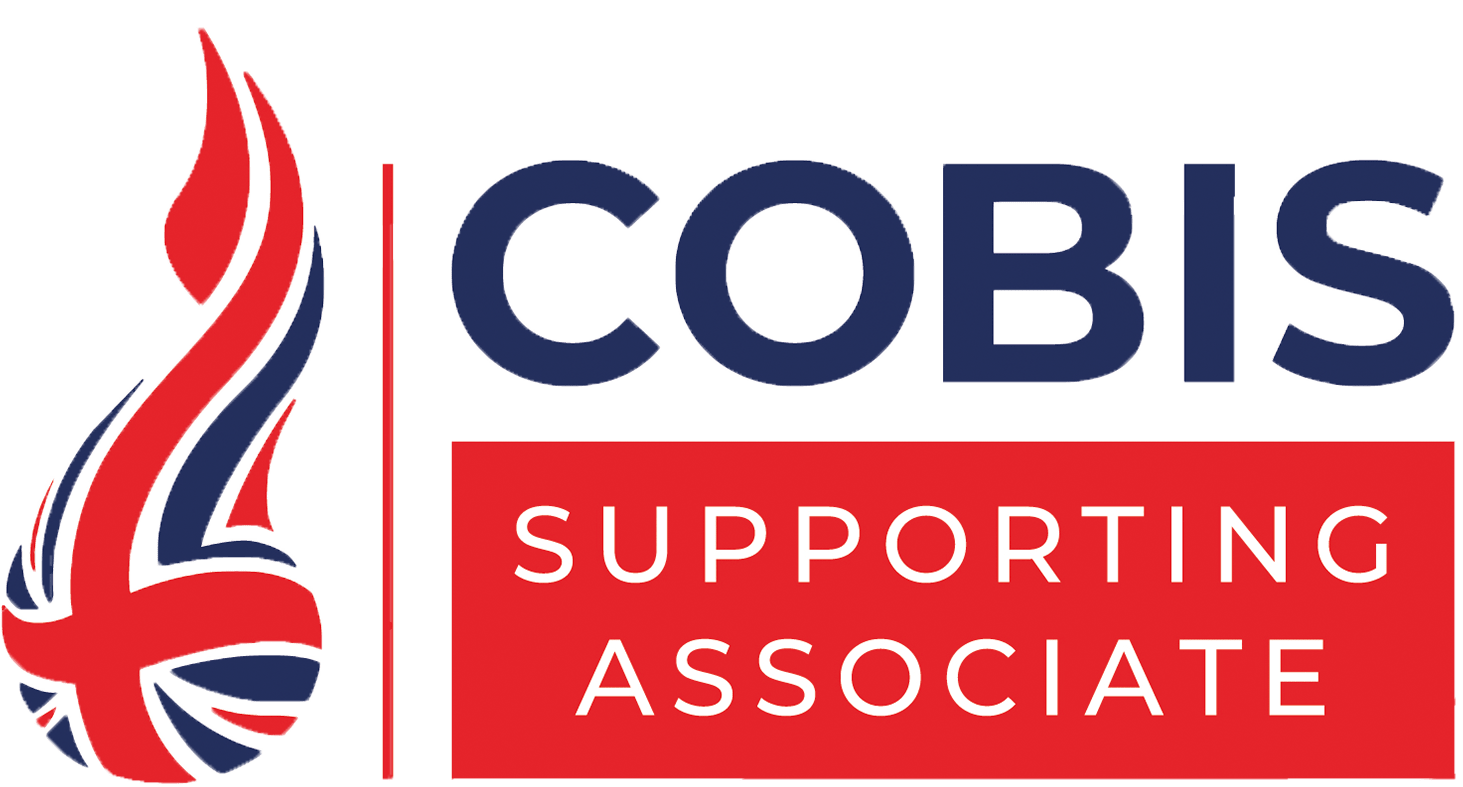Questioning
Part of the Great Teaching Toolkit
FOR TEACHERS
WEEKLY STUDY: 1 HOUR
DURATION: 8 WEEKS
MODE: ONLINE
Summary
This course provides an evidence-based overview of why and how effective questioning helps promote and assess thinking, and what great teachers do to use it effectively for these different purposes. You will explore how these principles can be applied in the classroom, before practising selecting and adapting individual teaching strategies for different contexts to prepare for the next steps of your personalised professional development.
What will you learn?
Great teachers use questioning for two main – and quite distinct – purposes: to promote students’ thinking, and to assess it.
Questions and dialogue are used to promote elaboration and help students develop connected, flexible thinking, but the key to quality is not the number of questions, but the type and how they are used: the time allowed for, and depth of, student thinking they provoke or elicit, and how teachers interact with the responses they produce.
When used for the purpose of assessment, great teachers see questioning as a tool to elicit insights into students’ thinking. Questions provide information if they discriminate between those who know and those who don’t yet. Whether an assessment is a single question or a formal examination, great teachers understand the amount of information it provides, how much weight it carries and what inferences and decisions it can support. They understand that assessment is the only tool we have to make visible what students have learned, albeit ‘through a glass, darkly’. Crucially, they plan and adapt their teaching to respond to what assessment tells them.
In this course, you’ll learn about using questioning for two classroom goals:
- to promote thinking; and
- to assess thinking.
Asking meaningful and appropriate questions that target essential learning, collecting and interpreting a response from every student, and responding to the results, all in the real world of school or college is hard to do well, but great teachers do it.
Curriculum outline
Over the first six weeks of this course, you’ll explore the evidence on effective questioning, learning about how purposeful, targeted questioning and dialogue strategies can help to activate and promote your students’ thinking. You’ll learn about designing an assessment process and the amount of information it can provide, how much weight this information carries, and what inferences and decisions it can support.
In the final two weeks, once you have thought hard about the principles underpinning effective questioning, you’ll move on to practise the act of selecting and adapting strategies for use in the classroom, based on your growing knowledge.
What else is included in the Toolkit?
Assessment Lead Programme
Science of Learning Programme
Behaviour and Culture Programme
Creating a supportive environment
Maximising opportunity to learn
Structuring
Explaining
Interacting
Embedding
Activating
An evidence-based approach to Great Teaching
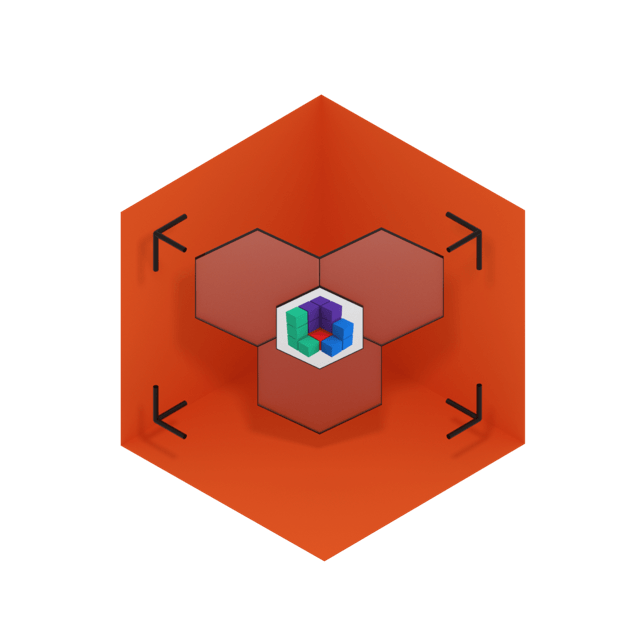
Teacher feedback tool
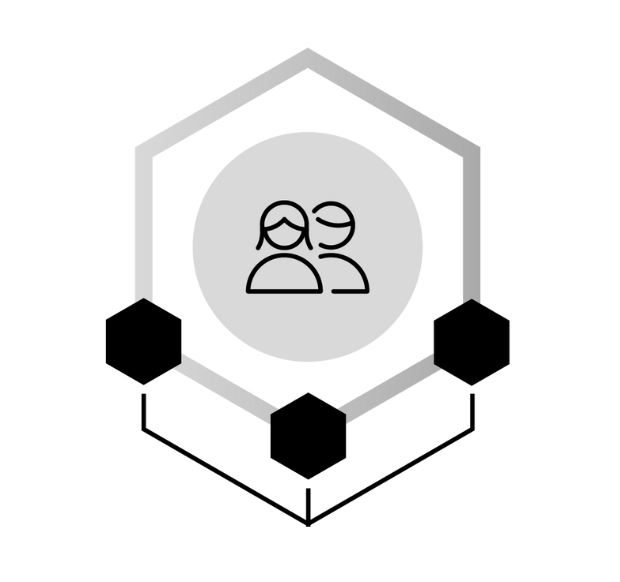
Video observation & feedback
